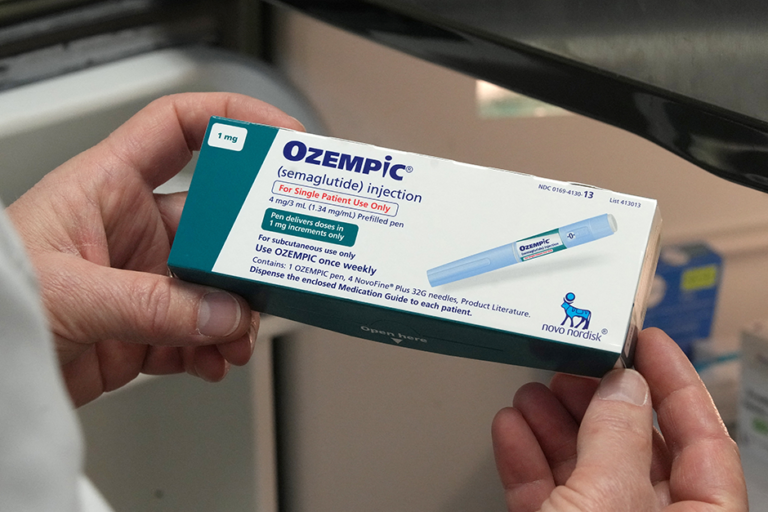Manufacturers of new weight-loss drugs are excited by the prospect of profits.
What Americans eat, how they diet and exercise, the sugar content of soda and the high-fructose corn syrup in processed foods have long been the subject of endless Wall Street betting. Now drugs like Maunjaro, Wegobee and Ozempic have opened up new vistas for exploitation.
It’s not a conspiracy theory that food addiction is a tool of corporate profiteering: consider how tobacco companies, after being regulated because of the addictive nature of smoking, then turned their attention to the addictive nature of eating.
“The United States saw the steepest increase in the prevalence of highly palatable foods between 1988 and 2001. [tobacco conglomerates] “Philip Morris and R.J. Reynolds owned some of the biggest food companies in the world,” Washington Post health columnist Anahad O’Connor wrote last year. “The foods they sold were often far more delicious than similar foods not owned by tobacco companies.”
Many of these ultra-processed foods are marketed specifically to children, potentially changing their brain chemistry and making them crave those foods for the rest of their lives. Today, we would be horrified at the idea of selling cigarettes to children, but the same companies were pushing addictive foods on kids. Big Tobacco companies are no longer in the food business, but the practice remains widespread.
As obesity rates rise, a familiar game of blame is playing out, attributing harm caused by a system that thrives on addiction to individuals.
Doctors warn people who struggle with weight management to restrict calories and exercise vigorously. The reality TV show “The Biggest Loser” perpetuated the idea that obesity is caused by an inability to control the desire to eat. And American pop culture’s obsession with unattainable thinness creates a shame spiral and further reinforces the idea that people are fat because they’re simply too weak to control themselves.
Meanwhile, the country has little to no government regulation of unhealthy foods. Instead, proposed solutions are individualized and often spawn their own profit-making industries.
Alongside the aggressive marketing of incredibly tasty foods is the hugely profitable weight-loss industry that preys on personal shame to make more than $60 billion a year.In fact, some of the companies that promote high-calorie foods are also in the weight-loss business.
Today, manufacturers of weight-loss pills are the clear winners in the food consumption and weight change landscape, charging tens of thousands of dollars for a year’s supply and ensuring that only the wealthy can achieve the thinness our culture glorifies.
For example, Ozempic can be sold for $57 a year and its manufacturer, Novo Nordisk, can make a profit, but in the United States it sells for a whopping $11,600 a year, which not only makes these drugs inaccessible to low-income people who struggle to control their weight, but also to the diabetics for whom they were originally intended.
Drug makers, believing that prices will fall as the elite market becomes saturated, are scrambling to secure future market share by encouraging doctors to prescribe their drugs more broadly.
Dr. Lee Kaplan, an obesity expert who received $1.4 million from Novo Nordisk, told his fellow physicians, “As long as the body wants to be obese, we will have to use these drugs.” What he doesn’t say is that obesity will continue to exist as long as food manufacturers continue to promote junk food.
After all, our personal appetites and waistlines are pawns in a very lucrative profit game. The ultra-processed food industry is becoming symbiotic with the weight-loss drug industry, the former encouraging us to eat unhealthy foods and the latter feeding off our shame.
Sonali Kolhatkar is “Rising with Sonali” Television and radio programs on Free Speech TV and Pacifica stations.
This explanation is: Other words.

